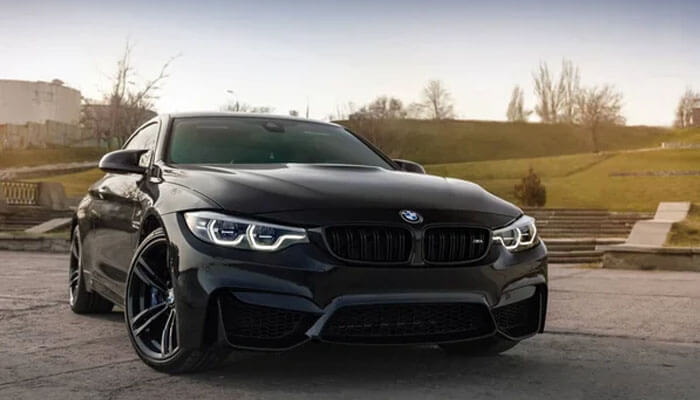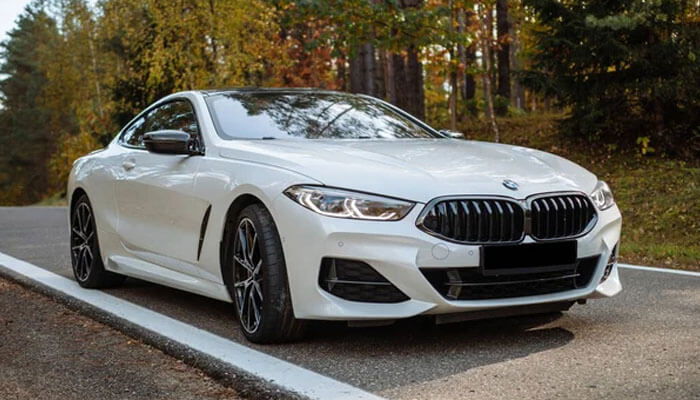Due to the necessity for numerous expensive batteries, electric vehicles have frequently tended to be more opulent. Recently, electric vehicles from Porsche, Mercedes, and Audi have all entered the market. BMW has released its own electric vehicles, including the iX, i4, and the upcoming i7, a battery-powered version of the company’s most costly sedan.
BMW’s smaller 3 Series and 4 Series vehicles are undoubtedly more known, but the 7 Series is the company’s pinnacle of elegance and technology. A new model of the BMW 7 Series flagship was launched on Wednesday, and its electric variant is called the i7.
The all-wheel-drive, 536-horsepower i7 xDrive60 will have a starting price of $119,300 and have a maximum range of 300 miles, which is fewer than the Mercedes EQS or Lucid Air. The 760i X-drive, which has a starting price that is $300 less and the same horsepower output as the V8-powered gasoline version, will also be available. It will resemble it almost exactly. Starting at $93,300, a 6-cylinder gas-powered variant will be available.
In contrast to other luxury rivals like Mercedes-Benz and Audi, BMW has a flexibility-first electric vehicle strategy that is highlighted in this latest iteration. BMW emphasizes adaptable engineering as a competitive advantage, but the electric vehicles from those other premium brands are built on specialized EV chassis with little connection to their gas-powered counterparts.
All of BMW’s new models have been constructed to allow for the use of internal combustion engines, entirely electric power, or plug-in hybrids that blend electric and gas power. BMW officials stress that this is more complicated than simply installing batteries and electric motors in vehicles that were built with petrol engines in mind. Instead, any of these driving systems may be used to construct these vehicles because that is how they were intended to be made.
The ability to create more – or fewer – electric cars or gas-powered cars on the same assembly lines without having to devote manufacturing resources solely to EVs is one of the primary advantages of doing it this way, according to BMW executives. The automaker also doesn’t run the risk of investing millions of dollars in the development of an electric-only model that might not find much demand in some markets by designing cars and SUVs to be made as either.
BMW’s brand image places a strong emphasis on performance. BMW’s marketing slogan for many years was “The Ultimate Driving Machine.” The fastest and most potent versions of the automaker’s vehicles will be battery-powered, according to executives, who predict that electric vehicles will overtake conventional vehicles in the performance pantheon. The i7 shares the title of most potent version with the V8-powered 760i in the new 7 Series. A 7-series powered by a V12 is not anticipated for this generation of the vehicle.
According to BMW, by 2030, half of the vehicles the business sells will be electric. That includes Minis and Rolls-Royce automobiles. BMW owns both of these venerable British companies, and by 2030 they intend to sell entirely electric cars.



